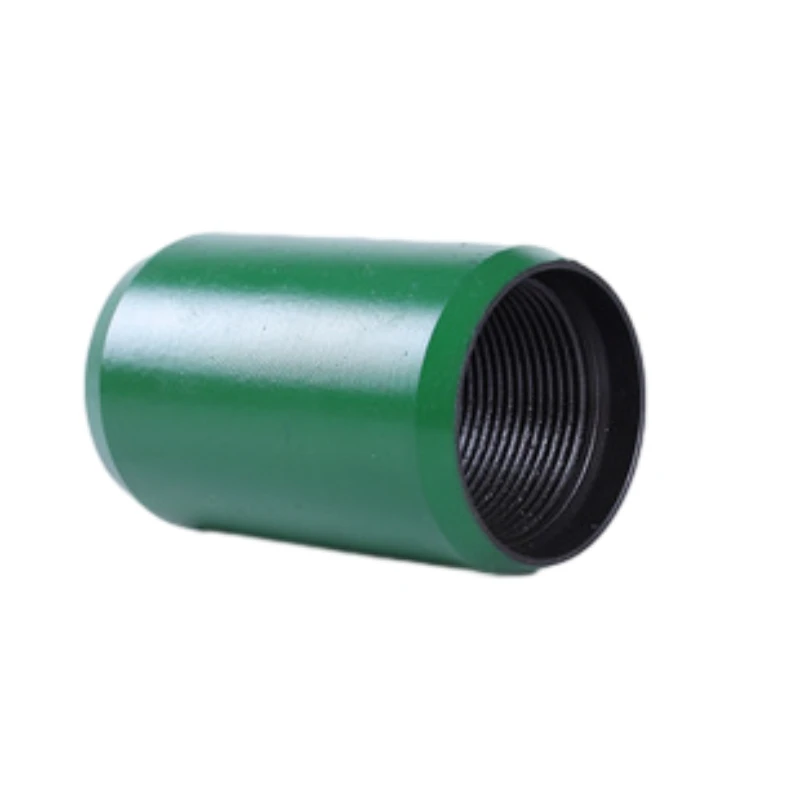- Afrikaans
- Albanian
- Amharic
- Arabic
- Armenian
- Azerbaijani
- Basque
- Belarusian
- Bengali
- Bosnian
- Bulgarian
- Catalan
- Cebuano
- Corsican
- Croatian
- Czech
- Danish
- Dutch
- English
- Esperanto
- Estonian
- Finnish
- French
- Frisian
- Galician
- Georgian
- German
- Greek
- Gujarati
- Haitian Creole
- hausa
- hawaiian
- Hebrew
- Hindi
- Miao
- Hungarian
- Icelandic
- igbo
- Indonesian
- irish
- Italian
- Japanese
- Javanese
- Kannada
- kazakh
- Khmer
- Rwandese
- Korean
- Kurdish
- Kyrgyz
- Lao
- Latin
- Latvian
- Lithuanian
- Luxembourgish
- Macedonian
- Malgashi
- Malay
- Malayalam
- Maltese
- Maori
- Marathi
- Mongolian
- Myanmar
- Nepali
- Norwegian
- Norwegian
- Occitan
- Pashto
- Persian
- Polish
- Portuguese
- Punjabi
- Romanian
- Russian
- Samoan
- Scottish Gaelic
- Serbian
- Sesotho
- Shona
- Sindhi
- Sinhala
- Slovak
- Slovenian
- Somali
- Spanish
- Sundanese
- Swahili
- Swedish
- Tagalog
- Tajik
- Tamil
- Tatar
- Telugu
- Thai
- Turkish
- Turkmen
- Ukrainian
- Urdu
- Uighur
- Uzbek
- Vietnamese
- Welsh
- Bantu
- Yiddish
- Yoruba
- Zulu
what is a bull plug used for
What Is a Bull Plug Used For?
In various industries and applications, the term “bull plug” may not be familiar to everyone. However, understanding its purpose and function can greatly enhance one’s knowledge of mechanical systems, plumbing, and other technical fields. This article aims to explain what a bull plug is, its uses, and the contexts in which it is commonly found.
Definition of a Bull Plug
A bull plug, also known as a bull plug or a plug valve, is a fitting used in piping systems. It is characterized by its sturdy design that allows it to effectively seal off the flow of liquids and gases. Typically made from materials such as metal, plastic, or rubber, bull plugs can be found in various sizes to accommodate different pipe dimensions. Their primary function is to act as a barrier to prevent fluid from flowing through a particular section of a pipe.
Uses in Different Industries
1. Plumbing In residential and commercial plumbing, bull plugs are often used to seal open pipe ends when a line is not in use. For example, when a house is undergoing plumbing renovations, bull plugs can be employed to stop water flow in particular areas, ensuring that other parts of the system remain functional while work is ongoing. This temporary closure prevents leaks and water waste.
2. Manufacturing In manufacturing settings, bull plugs play a critical role in maintenance and safety procedures. They are used to cap off pipes that transport liquids, ensuring that any potentially hazardous materials do not leak during repairs or servicing. This safety measure protects workers and the surrounding environment from unwanted exposure to chemicals or other dangerous substances.
what is a bull plug used for

3. Hydraulics and Pneumatics In hydraulic and pneumatic systems, bull plugs are essential for sealing off ports and connections temporarily. When maintenance or repairs are necessary, technicians use bull plugs to isolate sections of the system, allowing them to work on one part without affecting the entire system's operation. This is crucial for maintaining equipment efficiency and safety.
4. Oil and Gas Industry In the oil and gas sector, bull plugs are vital for preventing spills and leaks in pipelines. Given the high stakes involved in transporting hydrocarbons, the use of bull plugs helps to ensure that operators can safely manage their pipelines during maintenance and inspections. The reliability of these plugs is paramount, as any failure could result in significant environmental damage and financial loss.
Advantages of Using Bull Plugs
- Versatility Bull plugs can be used in various applications across multiple industries, making them a valuable component in any toolkit. - Easy Installation These plugs can be easily installed and removed, allowing for quick access to piping systems when needed. - Leak Prevention The design of bull plugs provides a reliable seal that helps prevent leaks, maintaining the integrity of the system. - Cost-effective Using bull plugs can save money by reducing waste and preventing damage from leaks, ultimately ensuring that systems operate efficiently.
Conclusion
In summary, bull plugs serve as crucial components in piping systems across various industries, including plumbing, manufacturing, hydraulics, and oil and gas. Their ability to effectively seal off pipes prevents leaks and ensures the safety and efficiency of operations. Whether used temporarily during repairs or as part of permanent installations, understanding the role of bull plugs can provide valuable insights into the maintenance and functioning of fluid systems. As industries continue to evolve, the importance of reliable components like bull plugs cannot be overstated, ensuring that systems operate smoothly and safely.
-
Tubing Pup Joints: Essential Components for Oil and Gas OperationsNewsJul.10,2025
-
Pup Joints: Essential Components for Reliable Drilling OperationsNewsJul.10,2025
-
Pipe Couplings: Connecting Your World EfficientlyNewsJul.10,2025
-
Mastering Oilfield Operations with Quality Tubing and CasingNewsJul.10,2025
-
High-Quality Casing Couplings for Every NeedNewsJul.10,2025
-
Boost Your Drilling Efficiency with Premium Crossover Tools & Seating NipplesNewsJul.10,2025







